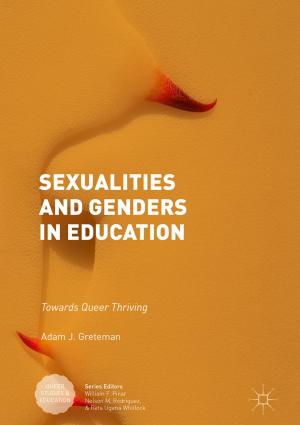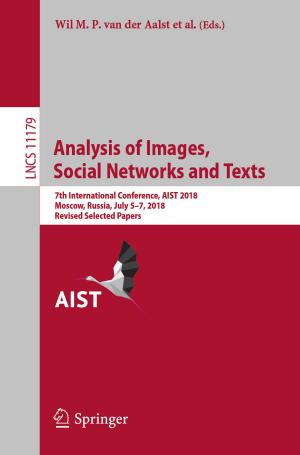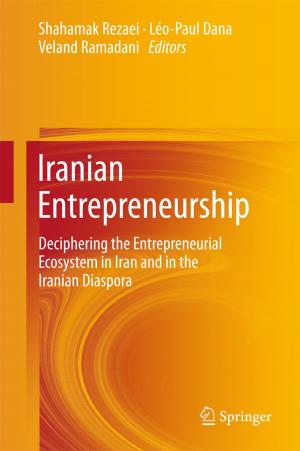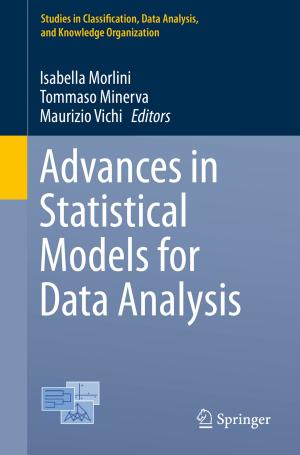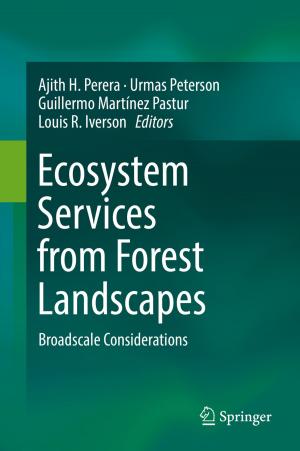English for Academic Purposes in Neoliberal Universities: A Critical Grounded Theory
Nonfiction, Reference & Language, Education & Teaching, Teaching, Language Experience Approach, Language Arts, Linguistics| Author: | Gregory Hadley | ISBN: | 9783319104492 |
| Publisher: | Springer International Publishing | Publication: | October 28, 2014 |
| Imprint: | Springer | Language: | English |
| Author: | Gregory Hadley |
| ISBN: | 9783319104492 |
| Publisher: | Springer International Publishing |
| Publication: | October 28, 2014 |
| Imprint: | Springer |
| Language: | English |
The critical grounded theory presented in this book offers valuable insights on the social processes and strategies used by Blended English for Academic Purposes Professionals (BLEAPs) at higher education institutions, as they struggle to negotiate the challenges arising from a new focus on recruiting international students and hunting for other resources for their universities. Drawing from in-depth interviews with numerous research participants at over eleven higher educational institutions in the UK, Japan and the United States, this work focuses on those who have been precariously placed as middle manager at many EAP and TESOL programs. Lacking in both positional power or permanence, these 'BLEAPs' are faced with many challenges as they seek to understand their changing role in higher educational institutions, and engage in strategies that can help them gain greater control over issues in their profession.
The critical grounded theory presented in this book offers valuable insights on the social processes and strategies used by Blended English for Academic Purposes Professionals (BLEAPs) at higher education institutions, as they struggle to negotiate the challenges arising from a new focus on recruiting international students and hunting for other resources for their universities. Drawing from in-depth interviews with numerous research participants at over eleven higher educational institutions in the UK, Japan and the United States, this work focuses on those who have been precariously placed as middle manager at many EAP and TESOL programs. Lacking in both positional power or permanence, these 'BLEAPs' are faced with many challenges as they seek to understand their changing role in higher educational institutions, and engage in strategies that can help them gain greater control over issues in their profession.

